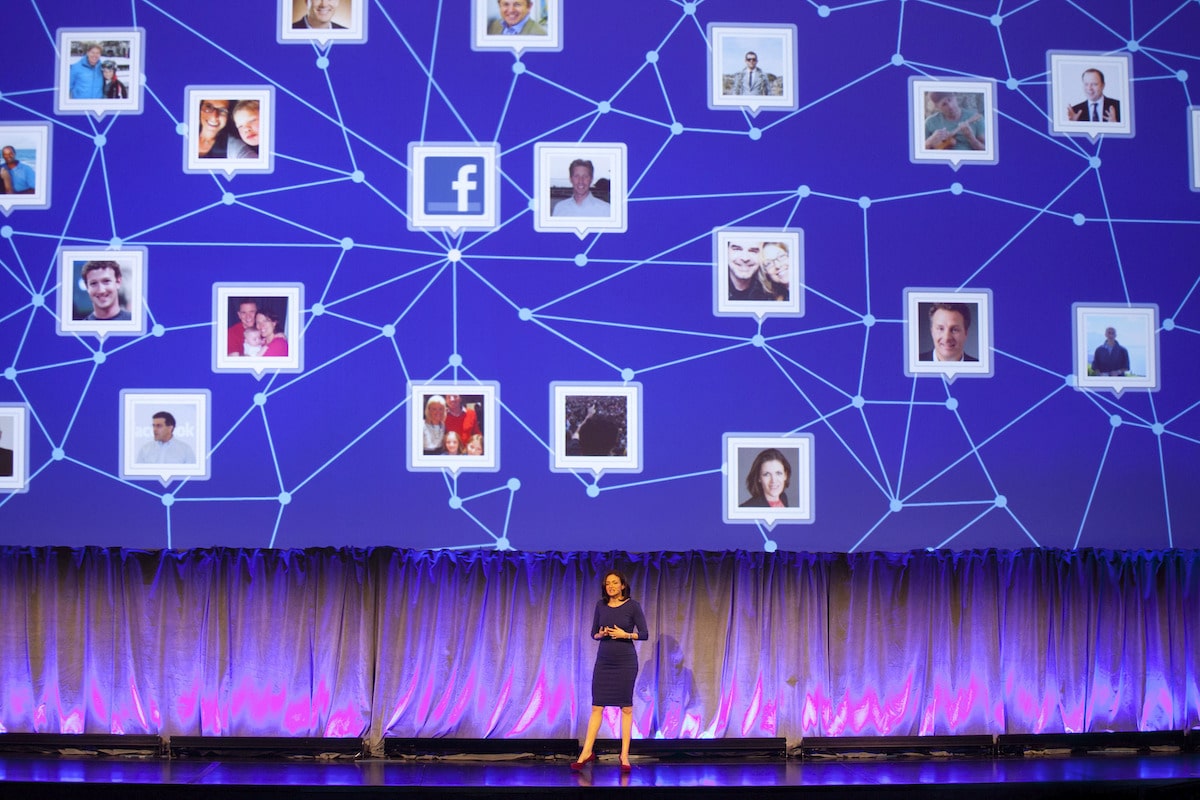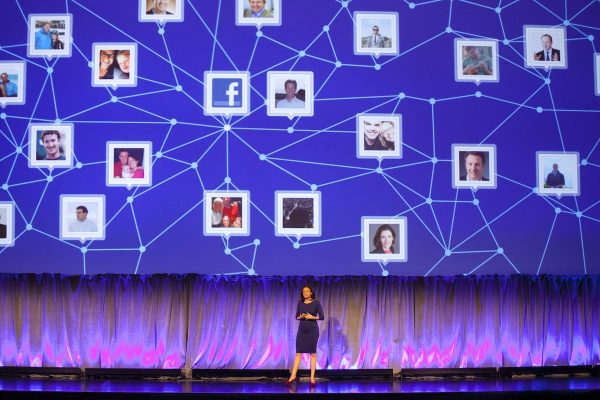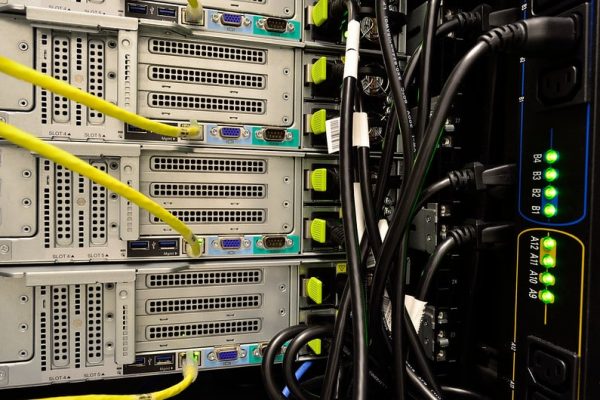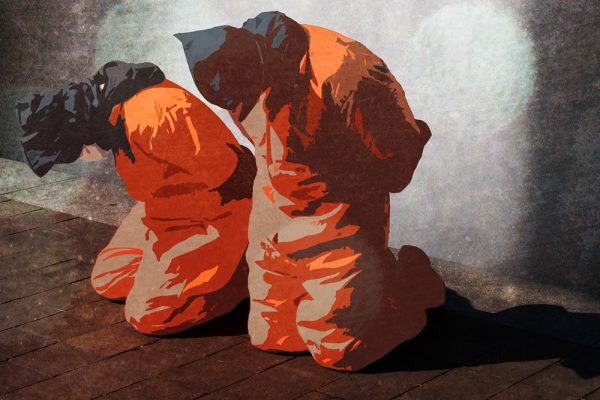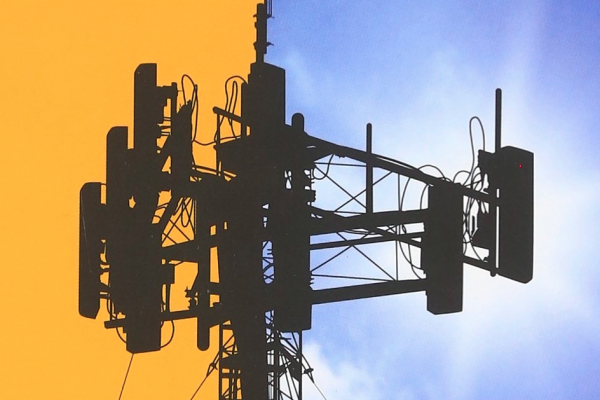It has become commonplace to observe that privacy is a thing of the past and that we now live in an age of “surveillance capitalism.” But what precisely does this mean? Debates about privacy in recent years have focused on two trends: the post 9/11 surveillance state and the rise of the Internet.
As civil rights attorney and law professor Joseph Margulies explains, “9/11 launched the creation of the modern surveillance state”—epitomized by the NSA’s bulk collection of Americans’ data and phone records—and “narrowed our conception of privacy.” More disconcerting than the bare fact of ubiquitous surveillance, Margulies argues, is its normalization across the political spectrum, evident most recently in the the “stunning breadth” of the House Jan. 6 committee’s demand that social media companies share information related to “misinformation” and “domestic violent extremism.” “A meaningful fraction of the center left, no less than the right, aspires to round-the-clock surveillance of those they mistrust,” he notes.
As significant as these government incursions into privacy are, they may seem quaint when compared to the routine surveillance of our lives on the Internet, which is driven as much by the mundane commercial interests of advertisers as by the desire of the national security state to maintain access to our communications. As Evgeny Morozov presciently warns in his 2011 essay on privacy, the Internet, and advertising, an “unholy alliance between the highly customized advertising excesses of modern capitalism and the data-gathering excesses of the modern surveillance state” threatens to turn “everyday Internet users into law enforcement’s greatest ally.” The problem is not simply that we are being spied on but that we have been cajoled into spying on ourselves.
The challenges posed for democracy by today’s unprecedented erosion of privacy are serious, ranging from alleged attacks on dissidents and human rights advocates enabled by Israeli spyware to systematic campaigns of disinformation. According to philosopher Carissa Véliz, “The power that privacy grants us collectively as citizens is necessary for democracy—for us to vote according to our beliefs and without undue pressure, for us to protest anonymously without fear of repercussions, to have freedom to associate, speak our minds, read what we are curious about.” “Privacy is a public good,” she concludes “and defending it is our civic duty.”
What is to be done? In his lead essay for our 2014 forum on saving privacy, former FCC chairman Reed Hundt makes the case for a privacy bill of rights that revolves around the potential of encryption to create private digital spaces. Those skeptical that such an individualized framework can be effective might consider Aziz Huq’s suggestion that “collective ownership by cities is a way to seize back a measure of control over data’s destiny.” Meanwhile, Matthew Crain argues that one decisive step toward restoring privacy rights would be to pass the Banning Surveillance Advertising Act.
With additional essays and interviews that touch on radical attempts to redesign digital spaces in opposition to surveillance, the threat of punitive AI in the workplace, and the need to balance the right to privacy with public-spiritedness, this reading list offers resources with which we might respond to our current surveillance capitalist era.
Twenty-five years of neoliberal political economy are to blame for today's regime of surveillance advertising, and only public policy can undo it.
Younger voices are using technology to respond to the needs of marginalized communities and nurture Black healing and liberation.
We need a model of ownership that recognizes our collective interests.
In the high-tech culture of Tel Aviv, military-grade spying on civilians has become just another office job.
Far from a relic of the past, September 11 continues to normalize state-sanctioned barbarity.
The more someone knows about us, the more they can influence us. We can wield democratic power only if our privacy is protected.
By routinely giving away a huge amount of personal data, everyday Internet users might already have become law enforcement’s greatest ally.
